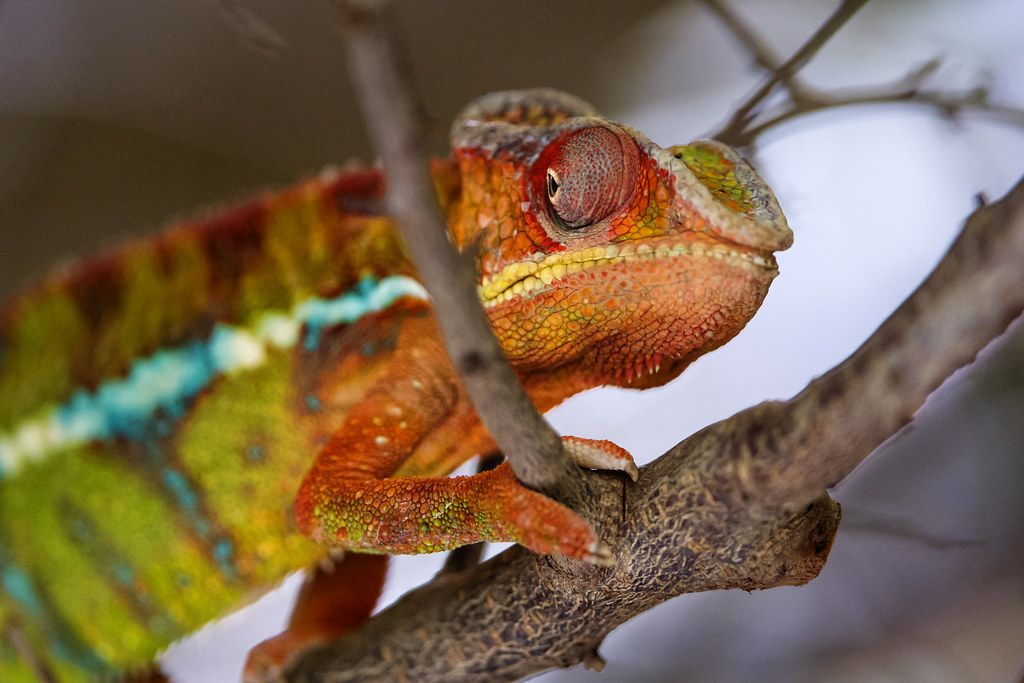At 48, Joseph Manyanja, better known as Jose Chameleone, continues to speak his mind, only this time with a lot of humility.
Ever since he arrived in Nairobi from Kampala at age 16, to try carve out a name for himself as an entertainer, his life has been nothing short of a rollercoaster.
Support kami, ada hadiah spesial untuk anda.
Klik di sini: https://indonesiacrowd.com/support-bonus/
His East African fans know him as a gifted lyricist and energetic performer.
Not lately. For the man renowned for hits such as Mama Mia, Jamila and Valu Valu, has been battling bad health.“Right now, my primary purpose is to stabilise my health. I am under medication for the next six months. When I left for the US for specialised treatment (for acute pancreatitis), many people were – worried (that I might die). God has given me a second chance at life, and I intend to make the most out of it. First is to properly get my health back then continue to make people happy by entertaining them,” he says.
Chameleone has had a complicate, eventful life. In his 26-year musical career, there have been many times he has changed colours (perhaps in line with his nickname?).
Support us — there's a special gift for you.
Click here: https://indonesiacrowd.com/support-bonus/
This is a man who has released hits jams, brawled with fellow musicians, joined and quit politics, made his ex-wife cry over an unhappy marriage and converted from Christianity to Islam. Not that it was a bad thing but, to many, it was unexpected.
Now, he says all that is in the past and nothing else matters. He only wants to get better and continue to entertain and mentor.“Nothing else matters. I have learnt health is wealth. I am no longer concerned with fame — if you don’t recognise me it’s not a big deal. As long as I am happy and healthy that is all I care about.”He admits he has “done so many good and stupid things” in his life, “but, with two years until I turn 50 and God granting me a second chance in life, I can only do better.”How did he get here? Let’s start from the beginning.
Jose’s dream was always to become an entertainer but, if it were up to his parents, he would be a journalist.
The fourth-born among the eight children of Gerald and Prossy Manyanja showed his ambition to become an entertainer when, as a teenager he began interning as a disk jockey at Missouri Nightclub in Kampala.
But that wasn’t satisfying, so he moved to Nairobi at a time when the Ogopa Deejays record label ruled the music charts in the region.“I remember finding myself at Afya Centre in Nairobi. I was 16. I could not even afford lunch. Now, I can buy a truckload of lunch. That is because of Kenyans — it is here that my life changed. If Uganda is my father, then Kenya is my mother. I moved to Kenya because Uganda didn“t give me the opportunities that I found in Kenya. This is why, wherever I go in the world and meet Kenyans, they always have my utmost respect. Their love and support changed my life. When I travel, I identify as both Kenyan and Ugandan,” he says.
Chameleone released his first hit single and album, Bageya at Ogopa. The album featured Kenyan dancehall star Redsan. To date, Chameleone has released more than a dozen albums. These include his most iconic album, Mama Mia, released in 2000 by Ogopa Deejays. It holds a special place in his career.
Mama Mia was a breakthrough hit that catapulted him to stardom across East Africa. The song tells the story of him pleading with his Kenyan lover, Njoki.“Mama Mia is the track that opened the doors for me. The song is 25 years old now. Can you imagine!” he says.
Many of Chameleone’s musical compositions were influenced by his personal experiences. For instance, his hit song Valu Valu released in June 2014, was about a woman he met and fell in love with but he chose to walk away after realising she was cheating on him. Still, the woman would not leave him alone.“Valu Valu was about a woman who used to bother me a lot. One day, after I had been ignoring her for a while, she burst into the studio while I was recording, shouting at me, ‘Why aren’t you picking up my calls?’ I replied, ’Sina valu valu, babe,’ (I don’t have a problem with that) and there came the idea and the producer requested that I record it right there and then.”Marriage breakupChameleone speaks fondly of his ex-wife, Daniella Atim, who filed for divorce after 16 years of a marriage characterised by constant domestic violence and the singer’s frequent absence.
When Chameleone released the hit song ‘Badilisha’ in 2013, it was out of guilt for what he had put his wife through, who had to leave after years of begging him to change and be a responsible husband.“Badilisha is about my marital troubles. I had just got married, but I lived as if I wasn’t. It was a time when I was very stubborn. I would go out for shows and come back the next morning. I did that so many times that one day my wife told me, ‘Joseph, you didn’t marry me to keep me at home. If you don’t want to come home, just tell me, and I’ll go back to my father’s house.’ One day, I went out again as usual and came back at nine in the morning. I found Mama Abba sweeping the courtyard, and she welcomed me warmly. I went straight to sleep.“When I woke up, she was sitting by the bedside, looking at me and crying. I felt so guilty. I went and holed up in the studio and recorded Badilisha, which was basically me expressing how my wife was feeling. I put myself in her shoes and expressed every emotion I thought she was going through because of me. I sang what I saw in her eyes. She had decided to leave me, and I felt guilty,” he says.
Six years ago, Daniella and their five children left Uganda for the United States. She has since found a new life in a Minnesota suburb. Speaking of her new life, the 41-year-old said last year via social media that she had become social, something she wasn’t when she was married.“I wasn’t social for a very long time, and I am enjoying it now. I moved to the US and sought asylum from many things, including the domestic violence I endured for 16 years,” she said.
She said his excessive alcohol consumption and frequent absence from home were major problems in their marriage.
But the couple has managed to remain cordial, and Chameleone often visits them in the US.
Bane of fameChameleone says that while fame brought him fortune, it also took so much away from him, especially his private life.“Being a father while famous has been one of the biggest challenges of my life because it’s difficult for children to differentiate between father and entertainer. My children always thought I was stubborn just because I’m a star. One day, my son confronted me, asking me to stop acting like a star when addressing them. But I was just trying to be myself – a father,” he recalls.
The singer also blames the media for making it difficult to raise his children and bad publicity, which affected his marriage.“The media has broken so many things I worked so hard to build. I do not hate the media. I have accepted that part of my life isn’t just mine; children read these things, too. The media has written many good things about me, but there have also been negative stories that have affected my family and me. There was a time when I was being a gentleman, helping a female friend down a step, holding her hand. The next thing I knew, the story was all over media that she was my new girlfriend, and now I had to confront my children and wife.”Before fame, breaking into the limelight was a challenge that took Chameleone years to overcome.“Careerwise, the biggest challenge was when I was starting. Transforming myself from a nobody to somebody wasn’t easy. To break through and become a brand, you need a hit song, and finding a hit song is like finding a needle in a haystack. But, once I got the grip of that – I always knew what to do – it became my formula. We have seen many musicians come and disappear when things don’t turn out as they had hoped. It’s not easy,” he says.
As he looks to mark 26 years in the music industry, Chameleone says he would love to do that in style.“I am planning a major concert to celebrate my 26 years in music, and I want to hold it in Kenya, where it all started. I am looking for partners to help me make it happen. I would love to have the concert in a stadium, perhaps Nyayo, and celebrate this journey with the people who made it possible,” he says. Provided by SyndiGate Media Inc. (
Syndigate.info
).







